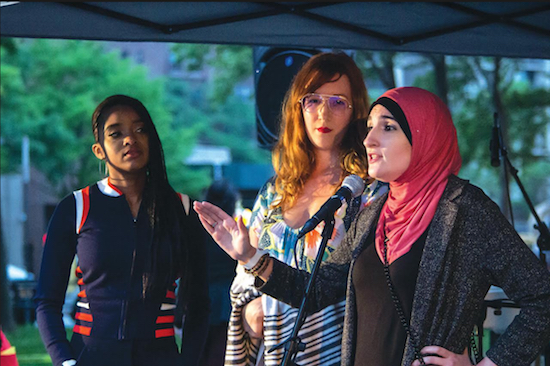Faith In Brooklyn for June 28

City Leaders Pledge to Support Muslims at Brooklyn Iftar
“It is an act of resistance for us to come together. It is an act of resistance for us to support each other wholeheartedly. It is an act of resistance for us to show deliberate kindness to all of our neighbors.”
These were the words of state Assemblymember Tremaine Wright (D-A.D. 56, serving Bedford-Stuyvesant and Crown Heights). She and Assemblymember Jo Anne Simon (D-52nd A.D. stretching from Brooklyn Heights, Downtown Brooklyn to Gowanus, parts of Park Slope and Prospect Heights) were among several speakers at an outdoor iftar last Friday, June 16.

Brooklyn Boro
View MoreNew York City’s most populous borough, Brooklyn, is home to nearly 2.6 million residents. If Brooklyn were an independent city it would be the fourth largest city in the United States. While Brooklyn has become the epitome of ‘cool and hip’ in recent years, for those that were born here, raised families here and improved communities over the years, Brooklyn has never been ‘uncool’.